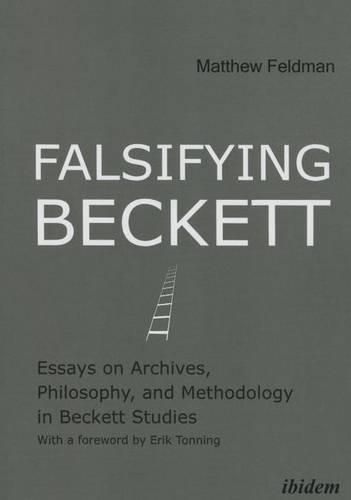Readings Newsletter
Become a Readings Member to make your shopping experience even easier.
Sign in or sign up for free!
You’re not far away from qualifying for FREE standard shipping within Australia
You’ve qualified for FREE standard shipping within Australia
The cart is loading…






The dozen essays brought together here, alongside a newly-written introduction, contextualize and exemplify the recent ‘empirical turn’ in Beckett studies. Characterized, above all, by recourse to manuscript materials in constructing revisionist interpretations, this approach has helped to transform the study of Samuel Beckett over the past generation. In addition to focusing upon Beckett’s early immersion in philosophy and psychology, other chapters similarly analyze his later collaboration with the BBC through the lens of literary history. Falsifying Beckett thus offers new readings of Beckett by returning to his archive of notebooks, letters, and drafts. In reassessing key aspects of his development as one of the 20th century’s leading artists, this collection is of interest to all students of Beckett’s writing as well as ‘historicist’ scholars and critics of modernism more generally.
$9.00 standard shipping within Australia
FREE standard shipping within Australia for orders over $100.00
Express & International shipping calculated at checkout
Stock availability can be subject to change without notice. We recommend calling the shop or contacting our online team to check availability of low stock items. Please see our Shopping Online page for more details.
The dozen essays brought together here, alongside a newly-written introduction, contextualize and exemplify the recent ‘empirical turn’ in Beckett studies. Characterized, above all, by recourse to manuscript materials in constructing revisionist interpretations, this approach has helped to transform the study of Samuel Beckett over the past generation. In addition to focusing upon Beckett’s early immersion in philosophy and psychology, other chapters similarly analyze his later collaboration with the BBC through the lens of literary history. Falsifying Beckett thus offers new readings of Beckett by returning to his archive of notebooks, letters, and drafts. In reassessing key aspects of his development as one of the 20th century’s leading artists, this collection is of interest to all students of Beckett’s writing as well as ‘historicist’ scholars and critics of modernism more generally.